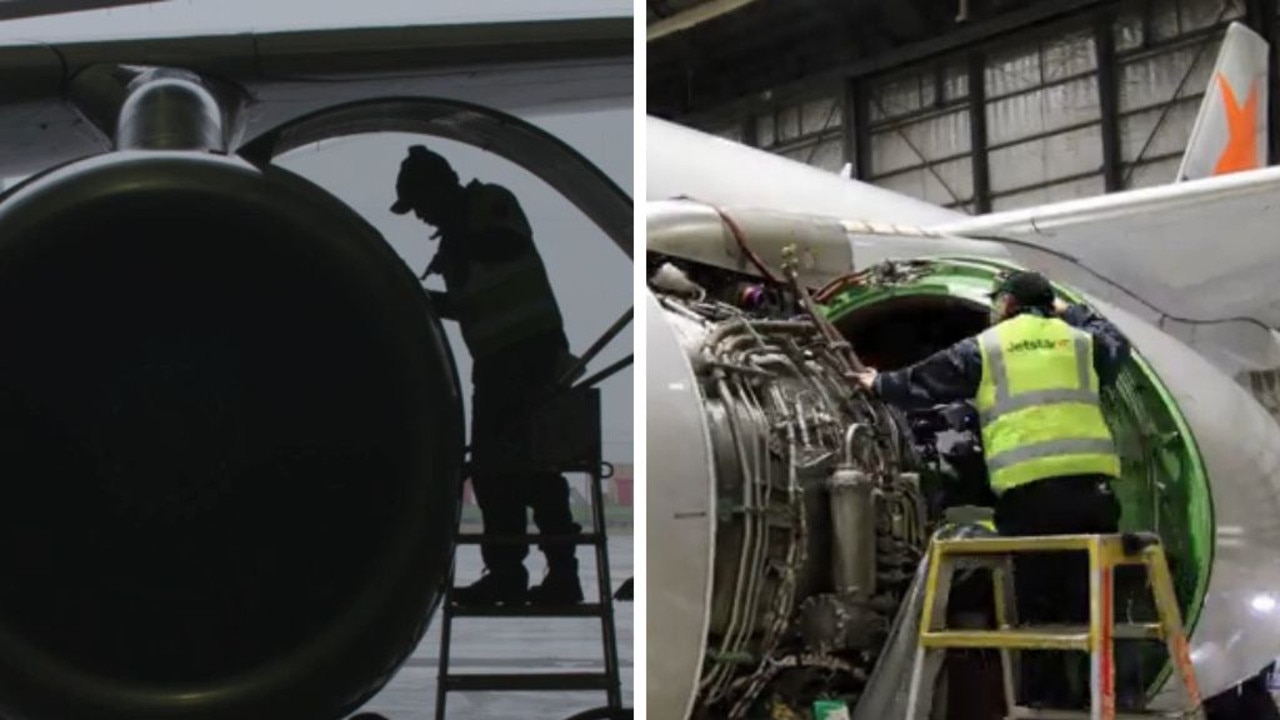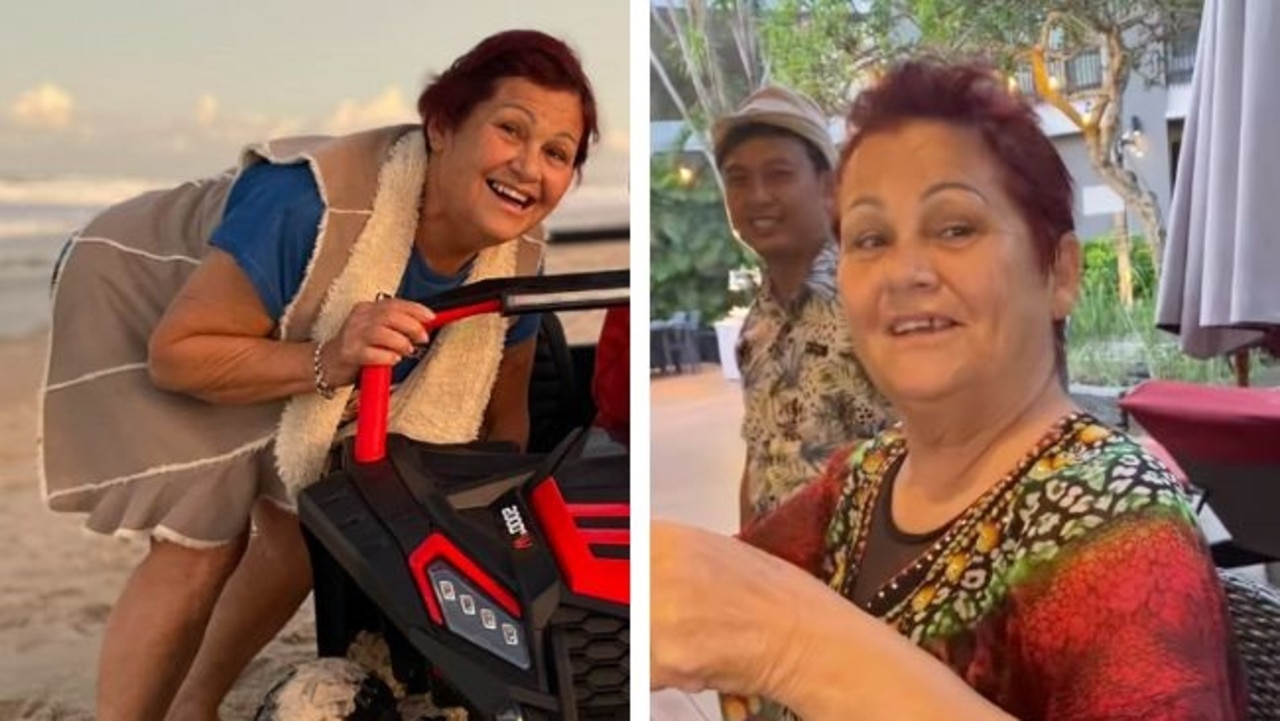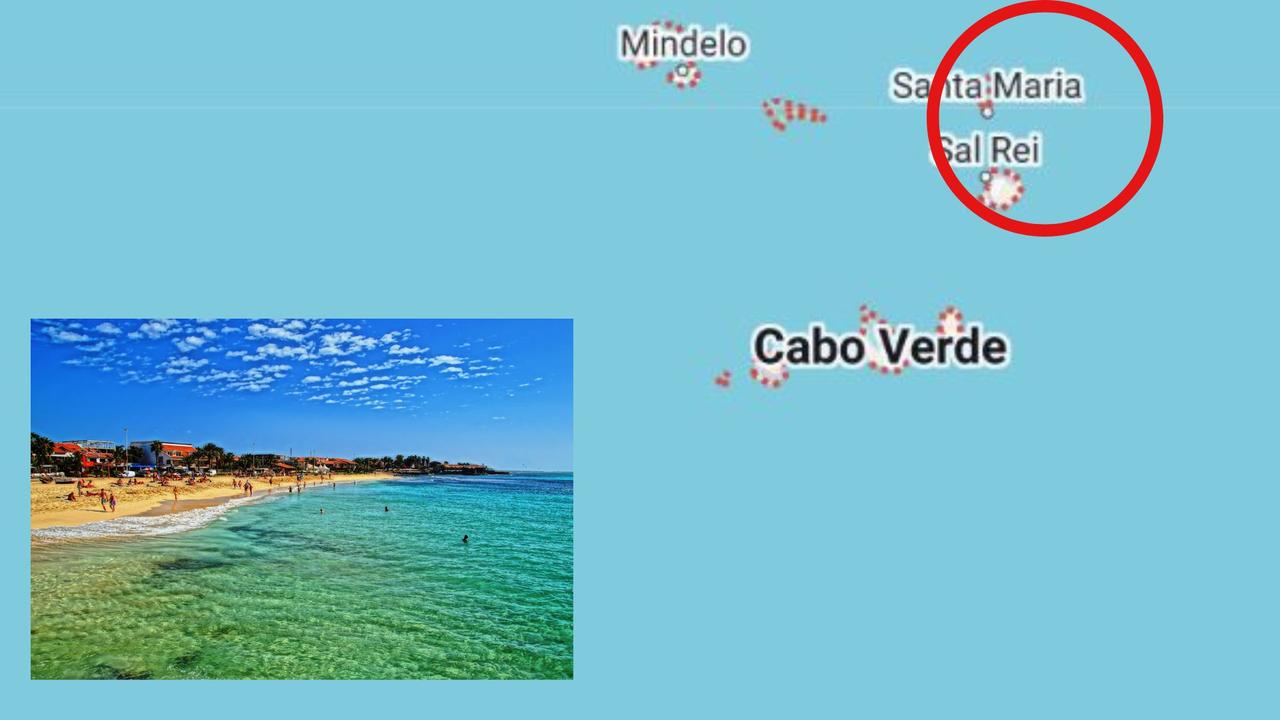‘Unreasonably stringent’: WA border will stay firm until there’s 28 days of no community spread
A leading epidemiologist has taken aim at WA’s threshold for lifting the state’s hard border, saying the target is “unreasonably stringent”.
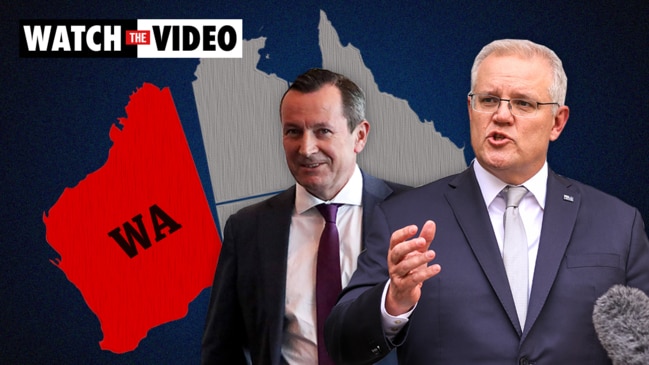
A leading epidemiologist from the University of NSW has slammed Western Australia’s threshold for lifting the state’s hard border of 28 days without community transmission as “unreasonably stringent”.
Following the announcement by the state’s Chief Health Officer, Professor McLaws argues there are better targets to meet and that the 28-day target is a difficult milestone to meet.
On Tuesday, WA’s Premier Mark McGowan announced plans to slightly ease restrictions on people seeking to enter the state from Victoria and New South Wales.
But he reiterated the view of his CFO, Andy Robertson, that he would not “unnecessarily rush” to lift the hard border and it would only be removed when there is no community transmission rates for 28 days in all states and territories.
RELATED: Zero new Qld cases as police replace defence personnel
RELATED: Follow the latest coronavirus updates
“I am a very cautious outbreak epidemiologist, and I think that the 28 days is beyond caution,” Professor McLaws told the ABC of the state’s border lifting target.
“It’s admirable, but it’s looking for total eradication, or close to [it]. And I don’t that think we can get to that.”
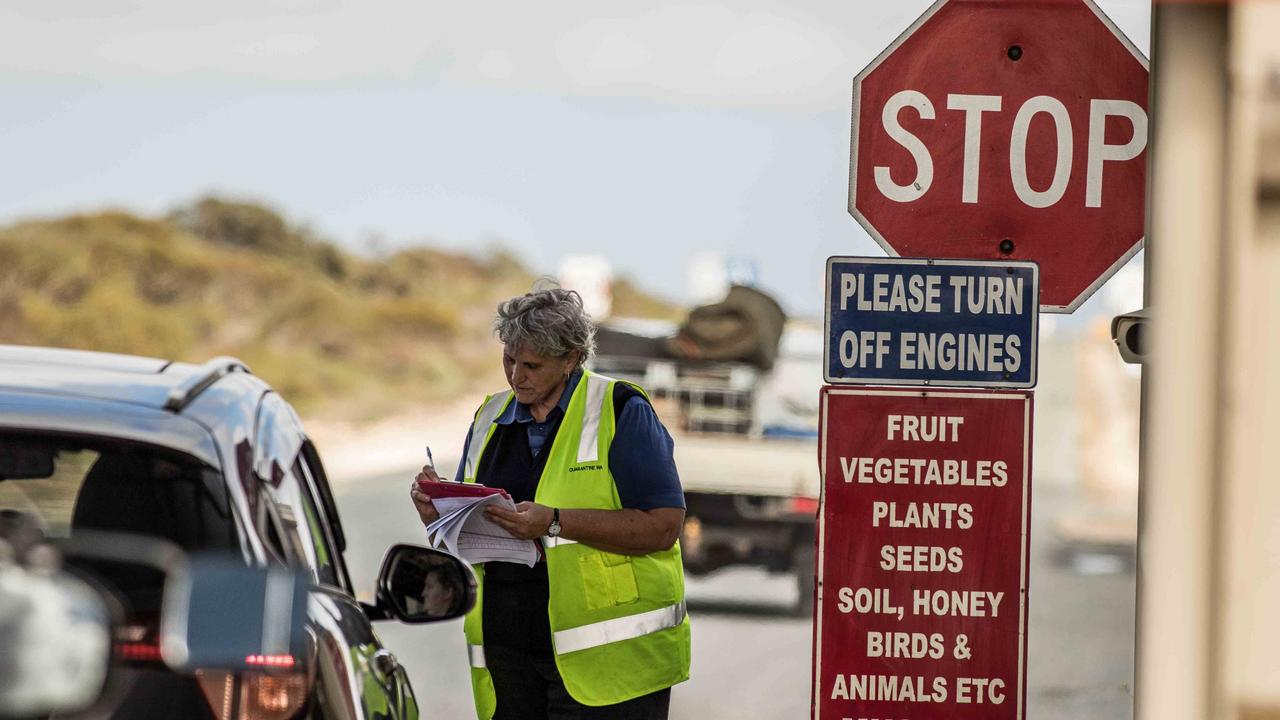
A more realistic target, Prof McLaws advised, could be a two-week rolling average in all jurisdictions of fewer than five cases.
While the state may have a lengthy target in place, Mr McGowan has taken a step towards easing restrictions for entrants from Victoria and NSW.
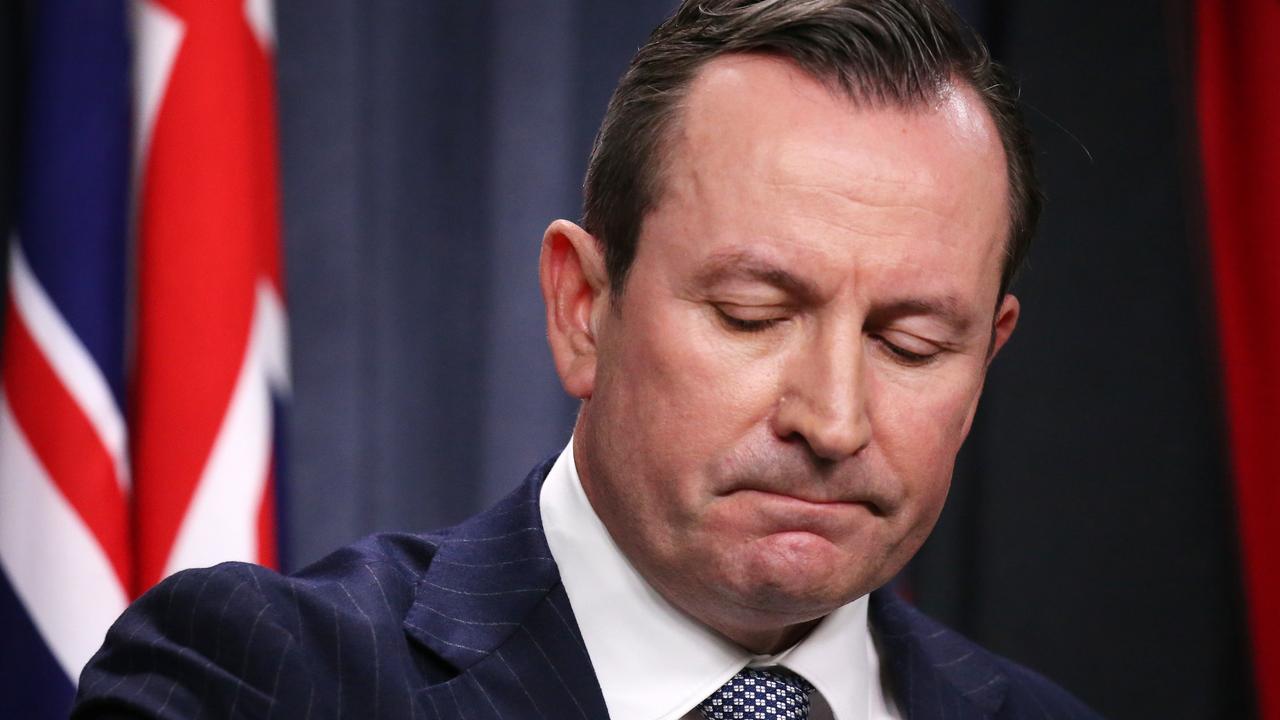
From Monday, arrivals from both states will no longer have to quarantine in a hotel, rather they will be allowed to self-isolate at a suitable home for two weeks.
The new entrants will still require an exemption to visit, and would be tested on day one and day 11 under the plan.
Mr McGowan said the new measures were a way of easing the demand on hotels, given the international arrivals cap will be increasing for the state.

Dr Robertson quashed criticism that the state’s border had been too hard, arguing that compared to any other jurisdiction – Western Australia was “the most susceptible states” if an infection were to break out.
“Obviously we have to be very careful,” he said.
“We are obviously … continuing to look closely at what’s happening in Victoria, New South Wales and Queensland.
“If they continue to improve … then when we will continue to look at options going forward.”
This is our WA COVID-19 update for Wednesday, 30 September 2020.
— Mark McGowan (@MarkMcGowanMP) September 30, 2020
For official information regarding COVID-19 in Western Australia, please visit https://t.co/rf5avD4RYphttps://t.co/2Xm82opKOW pic.twitter.com/JBJOcKs1RN
Mr McGowan says a new app will be rolled out in conjunction with the changes to hotel quarantine, which will allow more home isolation and ease the demand on hotels.
The app essentially allows police to check-in with those self-isolating at home.
Dubbed the G2G Now App, it is designed to “complement the work of WA police” in what Mr McGowan suggested on Tuesday was an “Australian-first”.

